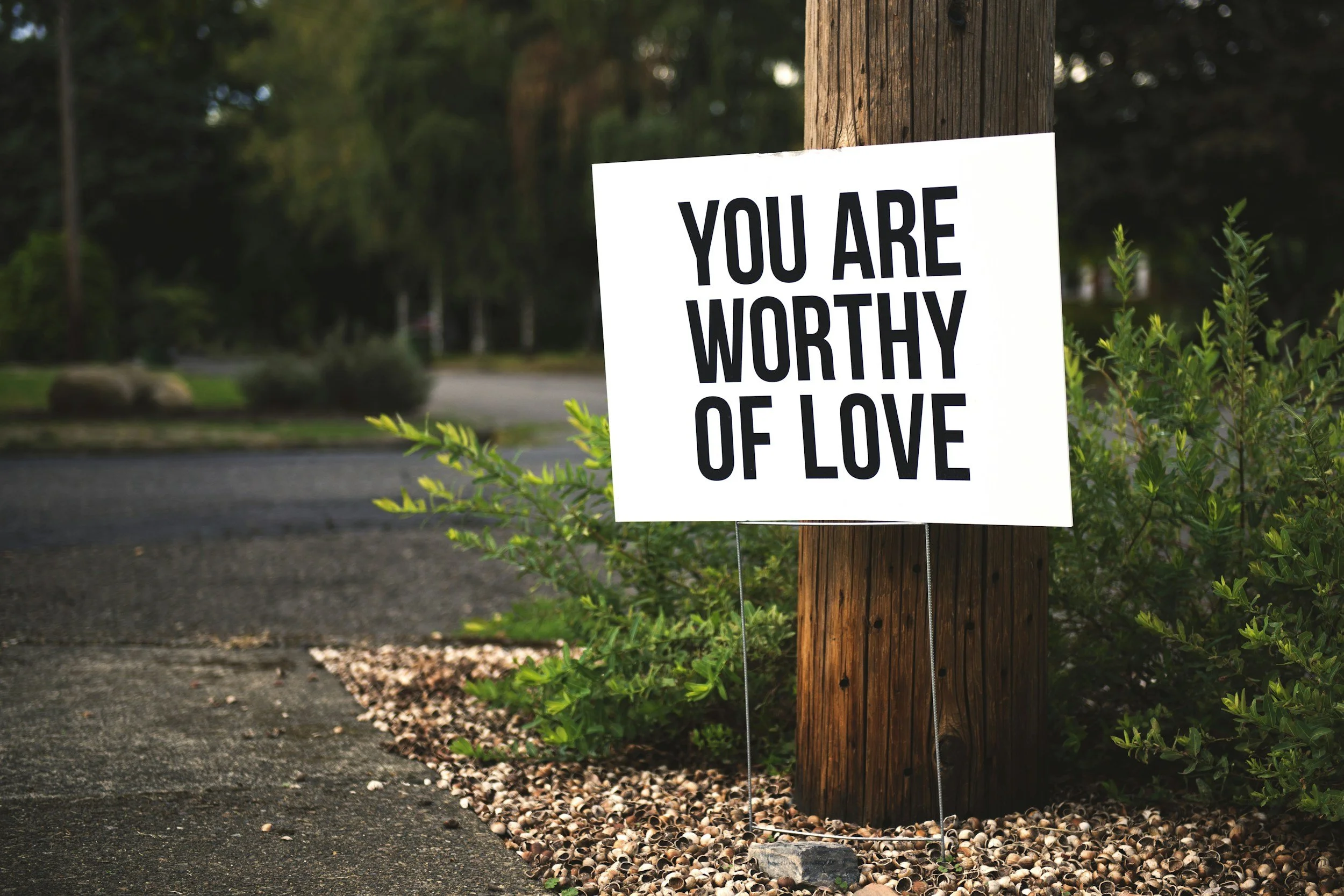Pause, take a breath, and check in on yourself.
Read MoreSpend some time in the backstage of your brain and see what you find.
Read MoreLet this poem be a mirror for those who need it, a reminder of the ways we hold one another as we move forward into difficult and uncertain times.
Read MoreRead on for five resources to help un-break your brain without breaking the bank.
Read MoreEverybody has those days! Read on for some silly, sweet, and serious ways to cheer yourself up…
Read MoreAs people emerge from their quarantine shells and start attending social gatherings again, a lot of us are feeling more socially awkward than usual. That’s totally normal to feel strange after not interacting with people in a social setting for a while!
So I wanted to offer a strategy for coping with social discomfort, whether it’s coming from post-quarantine awkwardness, chronic social anxiety, or something in between.
Modern mindfulness meditation practices often aren’t trauma-informed. So, it’s no wonder that a lot of people have trouble finding a practice that works for them.
And that’s unfortunate because when done well, mindfulness can offer so many benefits to your everyday experience of the world that research often has a tough time keeping up with all the wonderful things that mindfulness can do: it’s been shown to help smokers quit, reduce social anxiety, decrease chronic pain, improve memory, and so much more.
So here are some tips, from one person who used to absolutely hate meditation and all things mindfulness-related (and who now actually enjoys them), about how to make meditation and mindfulness work for you.
Read MoreIf you’re American, chances are that you’re bad at resting.
It’s not your fault; it’s deeply engrained in American culture that we need to “earn” our rests.
But we have it backwards.
We can’t expect to be productive in order to earn our rests; we actually NEED rest FIRST in order to be productive.
If you’re feeling like you’re struggling a little more than usual right now, you’re not alone.
As of writing this article, a lot of us are feeling burnt out from about a year of masking up, social distancing, and avoiding social gatherings.
Fortunately, there’s actually a physiological shortcut to calming down when you’re feeling anxious or angry.
It’s called the vagus nerve.
The vagus nerve helps bring your body back to homeostasis after it’s freaked out.
The nerve runs throughout your body and controls a ton of body functions, like digestion, blood vessel dilation/contraction, heart rate, breathing, and more.
So, when you activate your vagus nerve, you get your digestion to speed up and your heart rate to slow down.
The good news is that there are some neat (and possibly surprising) shortcuts to stimulating your vagus nerve!
This week, I’m thinking about the above quote I found via psychologist and author Nedra Tawwab.
Read More









